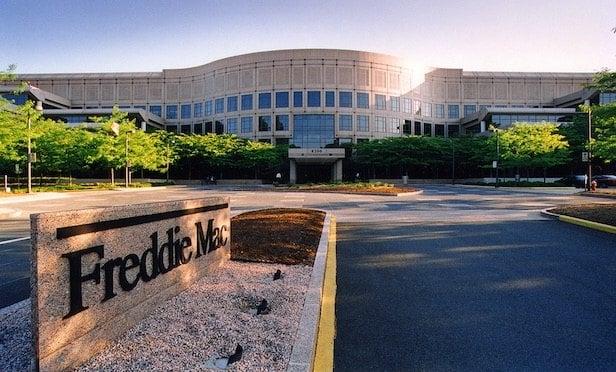"In August, New Jersey's private sector employers continued to add workers to their payrolls," said New Jersey Labor Commissioner David J. Socolow in a statement. "It is encouraging that New Jersey continued to see a four-month trend of private sector employment stabilizing and moving in a positive direction. But the unemployment rate demonstrates that there is much more to do to put New Jersey back to work."
In July, the NJLWD initially estimated an addition of 13,000 private-sector jobs. However, that number has been revised downward to 5,600. Consequently, instead boosting its total nonfarm payroll by 5,900, the state lost 500 jobs between June and July.Revisions in the month-to-month tallies are not usual. But they are an indication of the continuing volatility in the state's employment, says James W. Hughes, dean and professor at the Edward J. Bloustein School of Planning and Public Policy at Rutgers University. "We would urge caution in interpreting one or two months in signaling one direction or another," he tells GlobeSt.com.
Due to the impact of stimulus dollars and a stabilization of the housing market, US GDP is expected to turn positive in the third quarter, Hughes says. However, "The nation's labor market will remain weak well into 2010," he cautions. "New Jersey is going to continue to lose jobs into 2010 before it finally bottoms out."
Once again, the monthly totals reveal some anomalies. For instance, after having lost 4,500 jobs in July, the trade, transportation and utilities sector expanded by 3,100 in August. "That's difficult to explain," Hughes said. Manufacturing employment fell by 2,400 slots last month, mirroring that segment's long-term trend after a gain of 3,100 in July.
In other areas, professional and business services grew by 1,800, due to gains in the administrative support/waste management/remediation component (+1,600). That was mainly because of hiring at employment services firms. Smaller gains were found in information (+900), construction (+100) and education and health services (+100).Besides manufacturing, employment losses occurred in financial activities (-1,200) and leisure and hospitality (-100). The loss in financial activities occurred in both the finance and insurance (-300) and real estate (-900) components.
Since the beginning of the national recession in December 2007, payrolls have decreased by 3.8% in New Jersey (a loss of 155,700 jobs), while national employment has declined by 5% ( down 6.9 million jobs). The state's private sector job loss during the recession has been less than that nationally (-4.3% in New Jersey versus -6.1% for the US)."New Jersey's and the national economy are still shaky," Hughes says." We have a long way to come out of this."
In an effort to get unemployed Garden State residents to work, the Governor recently announced the Return to Work Program, which would reward employers for hiring and training people whose jobless benefits have run out. An employer is eligible to receive up to $2,400 for each new employee.
Hughes says the program "can't hurt" but wonders if the monetary award is enough to persuade employers to bring on new workers.
Want to continue reading?
Become a Free ALM Digital Reader.
Once you are an ALM Digital Member, you’ll receive:
- Breaking commercial real estate news and analysis, on-site and via our newsletters and custom alerts
- Educational webcasts, white papers, and ebooks from industry thought leaders
- Critical coverage of the property casualty insurance and financial advisory markets on our other ALM sites, PropertyCasualty360 and ThinkAdvisor
Already have an account? Sign In Now
*May exclude premium content© 2024 ALM Global, LLC, All Rights Reserved. Request academic re-use from www.copyright.com. All other uses, submit a request to [email protected]. For more information visit Asset & Logo Licensing.








